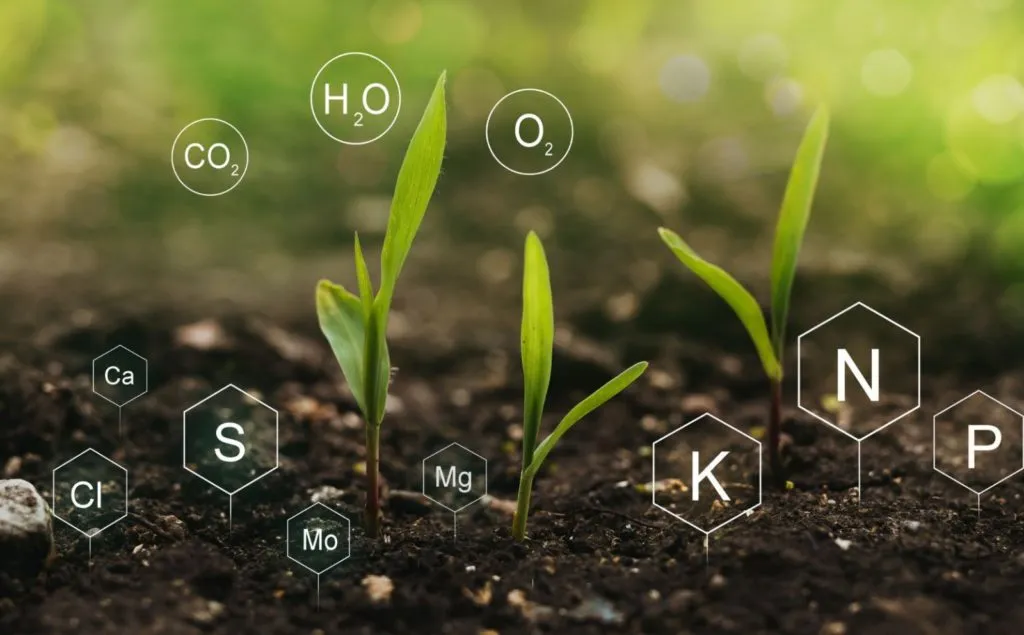
Fertilizers play a critical role in modern agriculture by supplying essential nutrients to crops, enhancing soil fertility, and boosting crop productivity. However, their use must be managed judiciously to ensure environmental sustainability and long-term agricultural viability. In this blog post, we’ll explore the role of fertilizers in sustainable agriculture, highlighting their benefits, challenges, and best practices for responsible nutrient management.
Enhancing Soil Fertility:
Fertilizers contribute to sustainable agriculture by replenishing soil nutrients and improving soil fertility. Many agricultural soils are naturally deficient in essential nutrients such as nitrogen, phosphorus, and potassium, which are vital for plant growth. Fertilizers provide these nutrients in readily available forms, ensuring optimal plant nutrition and promoting healthy root development. By enhancing soil fertility, fertilizers support sustainable crop production and contribute to soil conservation efforts.
Maximizing Crop Yields:
One of the primary goals of sustainable agriculture is to maximize crop yields while minimizing environmental impact. Fertilizers play a key role in achieving this objective by providing crops with the nutrients they need to thrive. Balanced fertilization practices ensure that crops receive the right amount of nutrients at the right time, optimizing yield potential and crop quality. By maximizing crop yields, fertilizers help farmers meet growing food demand while minimizing the need for expanding agricultural land into natural habitats.
Improving Nutrient Use Efficiency:
Efficient nutrient management is essential for sustainable agriculture, as it helps minimize nutrient losses and reduce environmental impact. Fertilizers can contribute to nutrient use efficiency by providing crops with targeted nutrient applications based on soil testing and crop nutrient requirements. Precision nutrient management techniques, such as split applications, foliar feeding, and controlled-release fertilizers, help optimize nutrient uptake by crops while minimizing nutrient runoff and leaching. By improving nutrient use efficiency, fertilizers support sustainable agricultural practices and reduce the risk of environmental pollution.
Supporting Environmental Stewardship:
Sustainable agriculture aims to minimize the environmental footprint of agricultural activities while promoting ecosystem health and biodiversity. Fertilizers can play a role in environmental stewardship by facilitating the adoption of conservation practices such as reduced tillage, cover cropping, and crop rotation. These practices help improve soil health, reduce erosion, and enhance water quality by minimizing nutrient runoff and soil erosion. By supporting environmentally friendly farming practices, fertilizers contribute to the overall sustainability of agricultural systems.
Challenges and Best Practices:
While fertilizers offer many benefits for sustainable agriculture, their use must be carefully managed to minimize negative impacts. Over-application of fertilizers can lead to nutrient runoff, water pollution, and greenhouse gas emissions, undermining environmental sustainability. To address these challenges, farmers should adopt best practices for responsible nutrient management, including soil testing, targeted nutrient applications, and the use of precision farming technologies. Integrated nutrient management approaches, incorporating organic amendments, cover crops, and crop residues, can further enhance soil fertility and reduce reliance on synthetic fertilizers.
Conclusion:
Fertilizers play a crucial role in sustainable agriculture by enhancing soil fertility, maximizing crop yields, and supporting environmental stewardship. By adopting responsible nutrient management practices, farmers can harness the benefits of fertilizers while minimizing their environmental impact. Sustainable agriculture requires a balanced approach to nutrient management, ensuring that crops receive the nutrients they need while safeguarding soil health, water quality, and ecosystem integrity for future generations.
